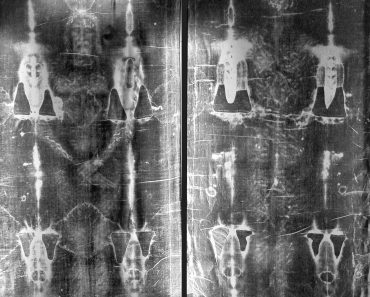
A Greek student, Menelaos Raptis, has made a groundbreaking discovery of two galaxies with the help of NASA’s James Webb Space Telescope, a feat that is already reshaping scientific understanding of the early universe.
Raptis, a student of Physics and Astronomy at Franklin & Marshall College, secured the use of the telescope and discovered two galaxies, publishing his findings in The Astrophysical Journal Letters under the title “CECILIA: Ultra-Deep Rest-Optical Spectra of Faint Galaxies at Cosmic Noon.”
His discovery centers on “faint galaxies at the cosmic meridian”—the most distant galaxies we can observe, which appear as they were 12 billion years ago, shortly after the Big Bang. Raptis’ team was the first to detect oxygen in such distant and tiny galaxies.
Greek student discovers oxygen in distant galaxies
“For the first time, we have detected oxygen in such distant and small galaxies,” Raptis explains. “The oxygen we breathe today is now located at the beginning of the history of everything. It is like watching the Universe take its first breath.”
This finding is not merely an astronomical curiosity; it has profound implications for the search for life. The presence of oxygen in these ancient galaxies suggests that the conditions for life may have arisen much earlier than previously thought.
Raptis’ journey to this discovery began with a lifelong passion for the cosmos. The student, originally from Thessaloniki, honed his skills in astrophysics and programming—knowledge that typically takes years to acquire—to join the research team. For Raptis, studying the universe is a deeply personal and philosophical endeavor.
“The miracle of our existence surpasses imagination and the beauty of creation,” he reflects. He sees humanity as both an insignificant entity in “cosmic chaos” and the most important, likening his work to an archaeologist discovering not just human history, but the history of the universe itself.
Raptis is acutely aware of the universe’s immensity and the fleeting nature of human existence. He contemplates the “shocking events” of the cosmos—the death of stars and the pull of black holes—which make our lives seem futile.
Yet, he concludes with a sense of purpose: humanity will not cease its search for answers, even as it stares into the inevitable end of our small world. In the grand tapestry of cosmic time, our planet’s final moments may be a brief, imperceptible glow, but the quest for knowledge that defines us will have been a light of its own.






